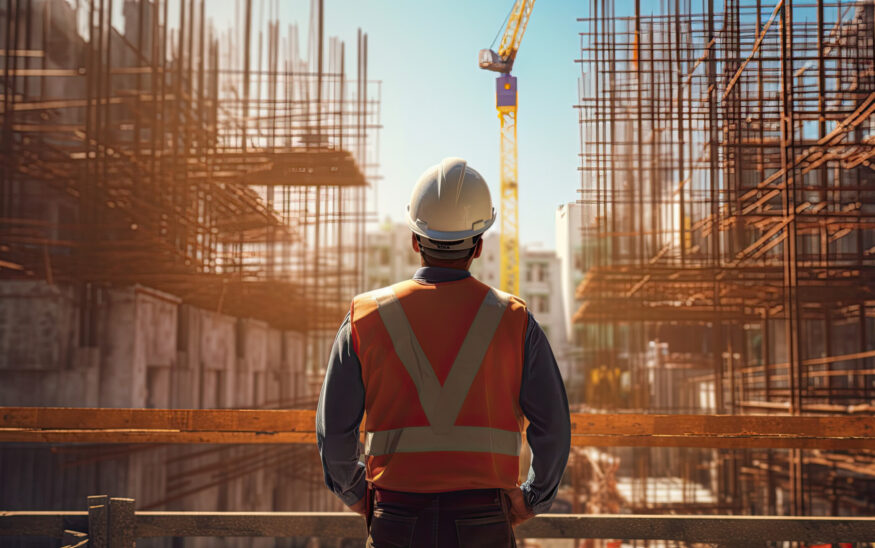How the Construction Industry is Building a Better Future for Colorado
Colorado’s construction industry is investing heavily in the workforce and technological resources our state needs to tackle our housing supply shortage.
Dave Davia //August 22, 2023//


How the Construction Industry is Building a Better Future for Colorado
Colorado’s construction industry is investing heavily in the workforce and technological resources our state needs to tackle our housing supply shortage.
Dave Davia //August 22, 2023//
Colorado’s construction industry is facing a daunting task. The General Assembly’s housing task force estimates that our state will need an additional 325,000 housing units to accommodate new and existing residents over the near term. Fulfilling this mission requires workforce development, technological innovation and smart public policy.
READ: How Modular Construction Could Ease Colorado’s Housing Affordability Crisis in 2023
Colorado’s shortage of affordable housing has been front and center for years, but the problem has become more acute since the COVID-19 pandemic. Earlier this year, Zillow released a report on housing needs in the 100 largest cities in the U.S. Denver’s housing shortage of 70,000 units ranked 13th in the country. Lawmakers at the state and federal level have responded with millions in public investment and high-profile legislation to address the housing supply deficit.
The mechanical, plumbing and HVAC/R contractors that make up the backbone of Colorado’s construction industry have heard the message loud and clear.
To ensure that the industry is prepared to meet our state’s housing needs, we are working with our academic partners, including the Western States College of Construction (WSCC), to cultivate the next generation of skilled workers. All WSCC graduates can embark on journeyman education courses, which tee up alumni for a fulfilling — and increasingly lucrative — career in the construction trades. The construction industry is also hard at work to expand the benefits of these institutions to include associate degrees.
READ: The Economics of Housing Inflation in Colorado — Exploring the Supply and Demand Imbalance
Another key priority of Colorado’s construction industry is the development of new technologies to prepare member companies for the challenges that lay ahead. Construction firms across the state are already taking advantage of 3D modeling, virtual and augmented reality, and other tech platforms to improve efficiency and safety in their operations. Improvements in air condition and refrigeration systems, piping systems, drinking water and wastewater systems are becoming more critical as homebuyers and policymakers place more of an emphasis on energy efficiency and water conservation.
Advancements in technology will be happening faster over the next five years than they did in the last century, and we should be doing all that we can to embrace those advancements to support and build our workforce. In the skilled trades industry in Colorado alone, we are projecting a need for over 50,000 new employees by 2030. This comes at a time when the State Demographer is projecting a reduction in the available workforce more generally. Our ability to compete for this workforce will be largely dependent on technological advances and the benefits they provide to broaden our recruitment methodologies. We should be very wary of any legislation and litigation that would impair this industry as this could have a direct effect on our ability to build our next generation of tradespeople.
Colorado’s construction industry is investing heavily in the workforce and technological resources our state needs to tackle our housing supply shortage. Coupled with the support of our academic partners and elected officials, we can help build a future where all Coloradans have access to affordable housing.
Dave Davia serves as the Executive Vice President and CEO of the Rocky Mountain Mechanical Contractors Association.

























